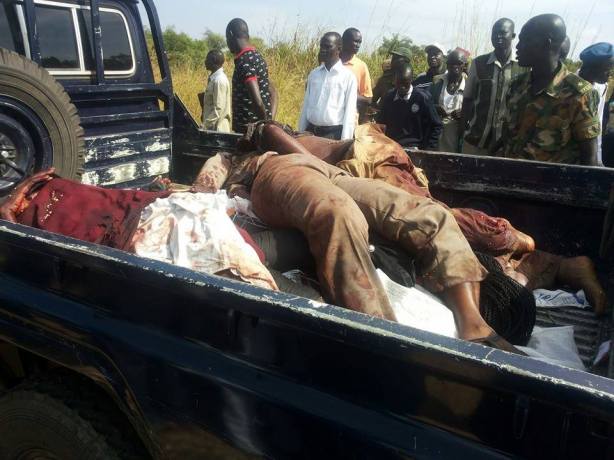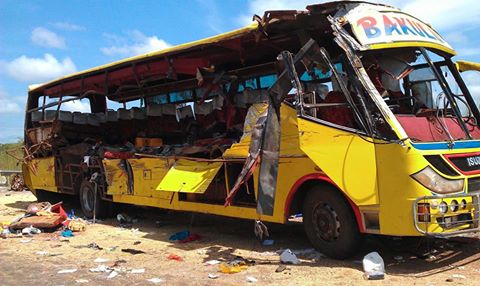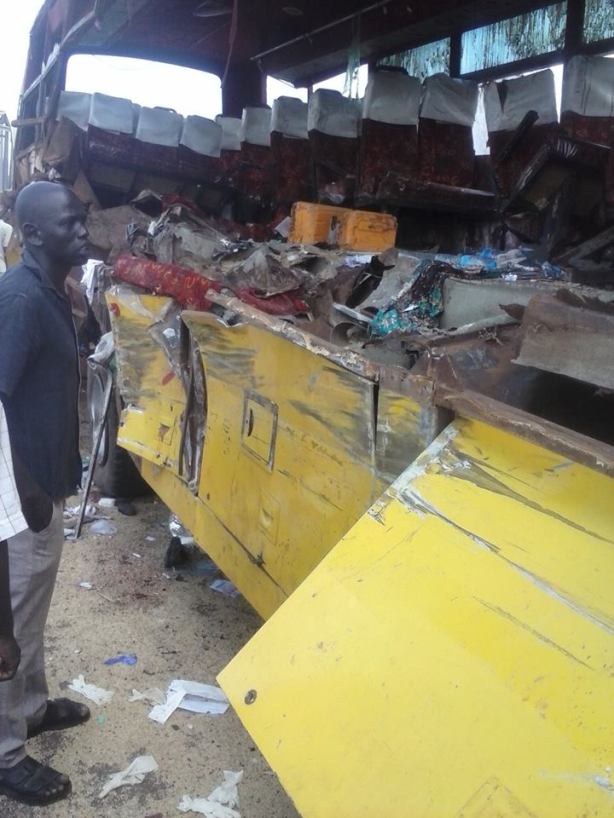Makuei Lueth: US, UK and Norway wants a regime change in South Sudan
PRESS RELEASE 01 Oct 2014
CONCERNS OVER THE GOVERNMENT OF THE REPUBLIC OF SOUTH SUDAN’S
INTRANSIGENCE IN THE PEACE PROCESS
The SPLM/SPLA is deeply concerned by the latest statements made by the Minister of Information and Public Broadcasting, also the Spokesperson for the Government of the Republic of South Sudan (GRSS). The Minister of Information, in a press statement released on 30/09/2014 over the BBC Focus on Africa program, stated that they: “…want the venue to be changed as well as the Chief Mediator…”
The minister went on to say that the Chief Mediator: “…was being influenced by others…which is America, Britain and the Norwegian, these are the Troika members who are in control…” The Minister of Information and Public Broadcasting went as far as accusing the Troika member states of trying to force “regime change” and being “responsible for the beginning of the crisis” in the Republic of South Sudan, abandoning the coup narrative in the process.
The SPLM/SPLA though deeply shocked by these statements, is not surprised by this lack of seriousness from the other party to the conflict (GRSS), as this is part of their modus operandi. The GRSS has continuously (since January) been undermining the peace process in Ethiopia, and this is just the latest delaying tactic in a strategy to ensure the failure of the peace process.
The GRSS’s intransigence started with the violations of the agreements on the Political Detainees and the Cessation of Hostilities (CoH). These agreements were signed in January, yet the last of the detainees was released in April (after the courts failed to prove treason charges).
The GRSS has in addition been on the offensive, and has since January illegally occupied territories previously under the control of SPLM/SPLA, in violation of the CoH Agreement. The Obstinate resistance to finding a negotiated settlement to the South Sudan Conflict continued on 13/09/2014, when the GRSS violated the right to freedom of movement of the Chairman of the SPLM-DC.
The Chairman of SPLM-DC was accused of having presidential ambitions and in addition to being prevented from attending the talks, was replaced by Presidential Decree and a new leader of the opposition appointed by the leader of the Government (the President of RSS).
The statements made by the Minister of Information and Public Broadcasting also the Spokesperson for the government are deplorable. This is just another delaying tactic by a government that is not serious about peace and is abusing the goodwill of IGAD, the AU and Troika. The shifting of the Peace Talks from Ethiopia would just be an unnecessary delay of peace and would only prolong the suffering of the people of South Sudan.
The SPLM/SPLA would like to restate its full confidence in the IGAD peace process in Ethiopia and in the leadership of Ambassador Seyoum Mesfin in the Office of the Special Envoys for South Sudan (OSESS). The SPLM/SPLA implores the world to join in condemning this latest attempt by the GRSS to delay peace and prolong the suffering of the people of South Sudan.
It is time for the IGAD member States, the AU, Troika, EU and all peace loving people of the world to use their leverage on the GRSS to persuade them to negotiate in good faith.
Signed
MABIOR GARANG DE MABIOR (CHAIRPERSON)
NATIONAL COMMITTEE FOR INFORMATION AND PUBLIC RELATIONS..







